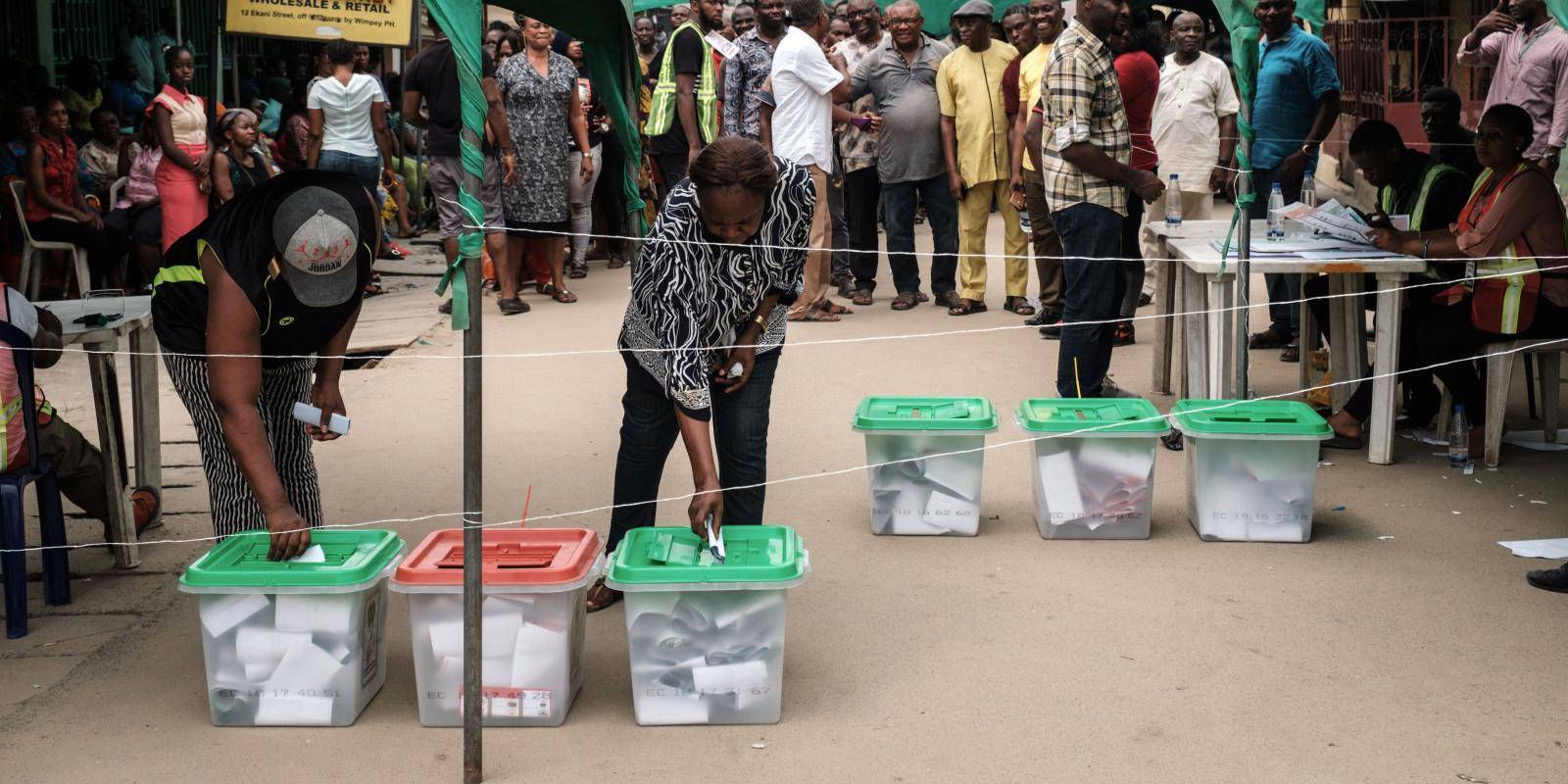
In the democratic landscape of Nigeria, local government elections are a vital yet often overlooked aspect. These elections, held at the grassroots level, are fundamental in shaping local governance and directly impacting community life. This blog post aims to explore the nuances of local government elections in Nigeria, underscoring their significance and the challenges they face.
The Significance of Local Government Elections
Local government elections in Nigeria serve as the foundation of democracy, bringing governance closer to the people. These elections determine the leadership of local councils, which are responsible for providing basic services, implementing development projects, and addressing community-specific issues. The effectiveness of local governance hinges on the outcomes of these elections, making them a crucial element of the democratic process.
The Electoral Process at the Local Level
Local government elections are typically managed by State Independent Electoral Commissions (SIECs), which operate under different dynamics compared to national elections managed by the Independent National Electoral Commission (INEC). The process involves voter registration, candidate nominations, campaigning, voting, and results declaration. However, these steps often face unique challenges at the local level, including limited resources, logistical issues, and lower levels of voter awareness and participation.
Challenges Impacting Local Elections
The challenges faced by local government elections in Nigeria are multifaceted. These include political interference, inadequate funding for SIECs, issues of autonomy and transparency, and voter apathy. Moreover, local elections are sometimes seen as less significant compared to national polls, leading to lower media attention and public engagement.
The Role of Community Participation
Active community participation is essential for the success of local government elections. This includes not only voting but also engaging in the electoral process, such as monitoring elections, advocating for fair practices, and holding elected officials accountable. Community involvement ensures that local governments reflect the will and needs of the people they serve.
Strengthening Local Electoral Processes
Enhancing the integrity of local government elections requires concerted efforts. This includes strengthening the capacity and autonomy of SIECs, promoting civic education at the grassroots level, and ensuring that local elections receive adequate attention and resources. Civil society organizations can play a pivotal role in advocating for these improvements.
Local government elections in Nigeria are a critical component of the country’s democratic framework. They provide an opportunity for citizens to have a direct say in their immediate governance structures. Understanding and actively participating in these elections is essential for fostering effective local governance and ensuring that democracy thrives from the ground up in Nigeria.
